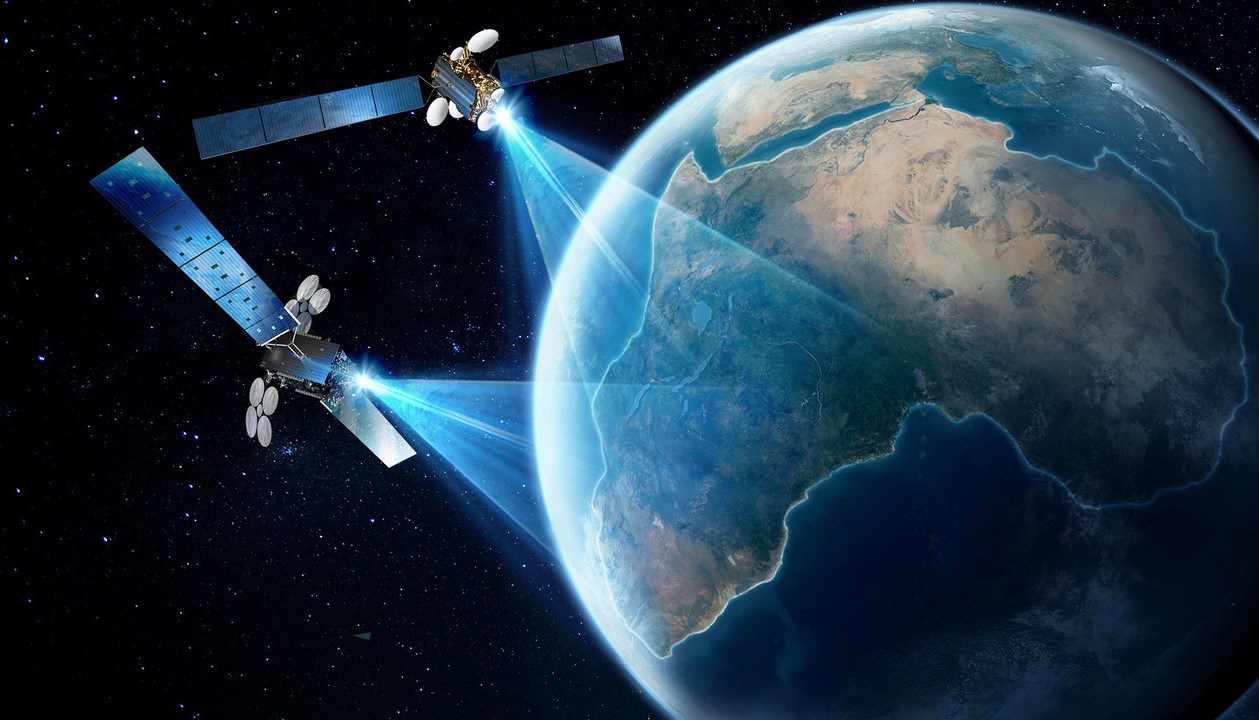Sometimes, to move fast you don’t need to break things — you just need to acquire them. So it is with Nuview, a startup aiming to map the world from space using lidar, who announced today that its acquisition of analytics platform Astraea.
Key Takeaway
Nuview’s acquisition of Astraea is set to accelerate its plans to provide intelligence on a wide variety of satellite, aerial, and drone data “years faster than we ever imagined.” This strategic move aims to revolutionize the Earth observation market and advance geospatial technology.
Acquisition Details
The terms of the deal were not disclosed. In a recent interview, Nuview CEO Clint Graumann also declined to specify how many of Astraea’s employees would be joining the company.
Strategic Approach
Nuview is relatively young to be executing on an acquisition; Graumann founded the company in January 2022, and has raised at least $15 million to date. But Graumann said that in his experiences, companies that try to build out every segment of the Earth observation market on their own encounter issues.
Accelerated Plans
Through the acquisition, he said that Nuview can start executing on its plan to provide intelligence on a wide variety of satellite, aerial and drone data “years faster than we ever imagined.
Technology Advancements
Nuview is aiming to deploy a constellation of 20 commercial satellites outfitted with a lidar system, to map the entire land surface of the Earth on an annual basis. Historically, lidar systems have been heavy and power-hungry, making it ill-suited as a remote sensing technology that could be deployed at scale. But Nuview says it’s developing a proprietary sensor that has lower size and weight, and will be capable of scanning much larger areas at once.
Future Plans
The company is planning on launching a proof of concept satellite called “Mr. Spoc”, though Graumann declined to specify whether Nuview had booked a firm launch date for that demonstration mission. Once the tech is proven out in space, Nuview’s plan is to launch the constellation in tranches of five every 12-18 months, which leaves time to iterate on the technology.

























